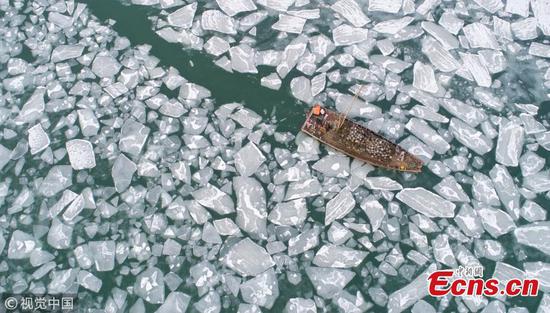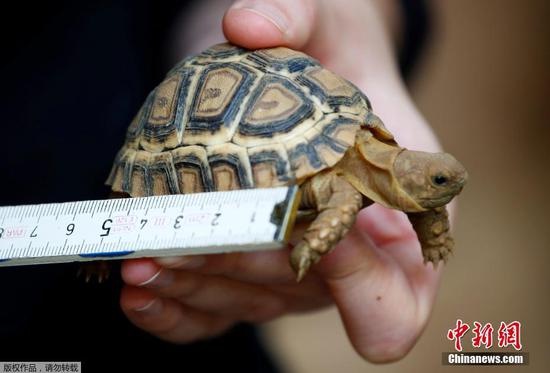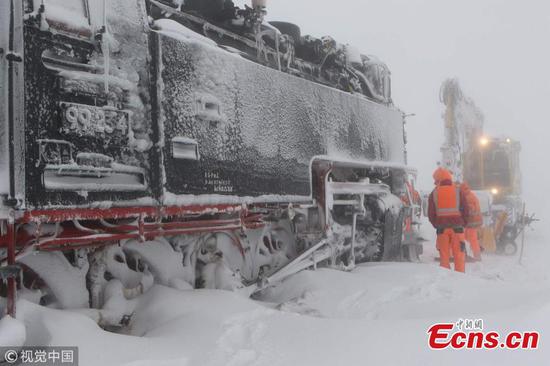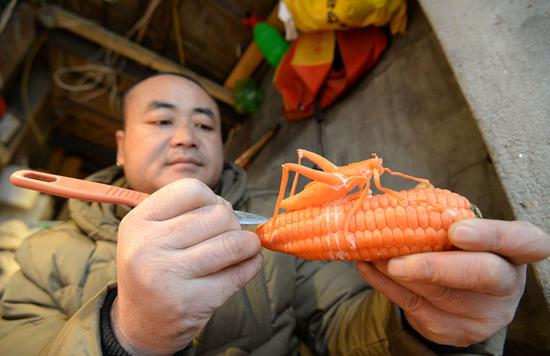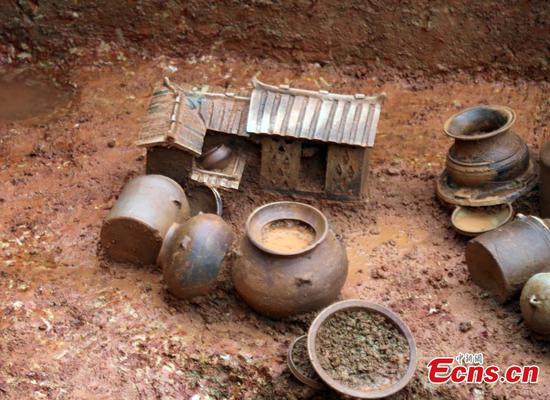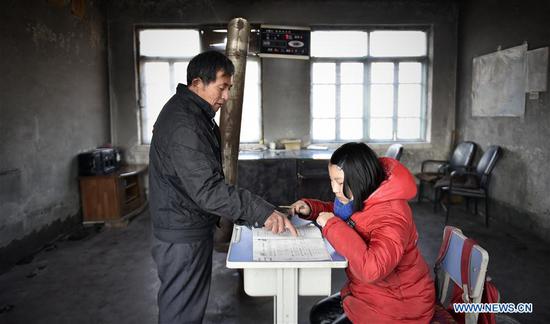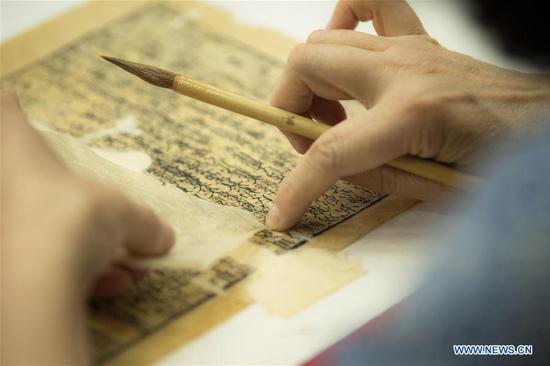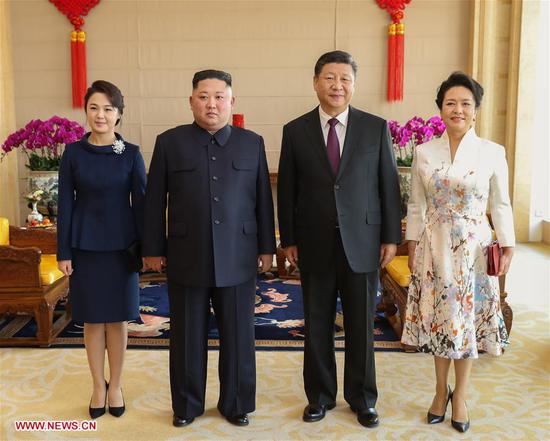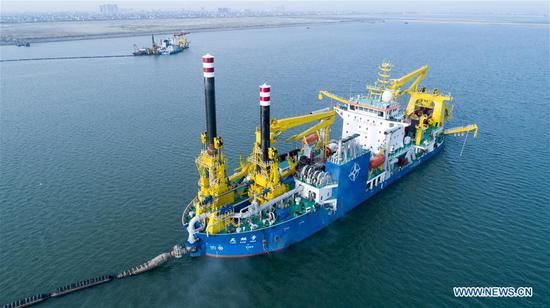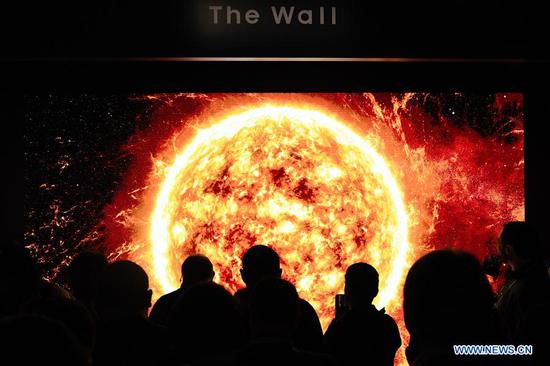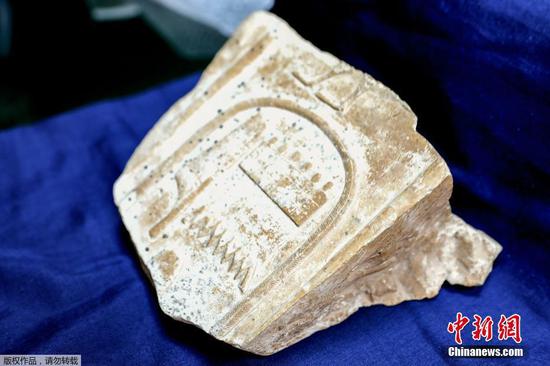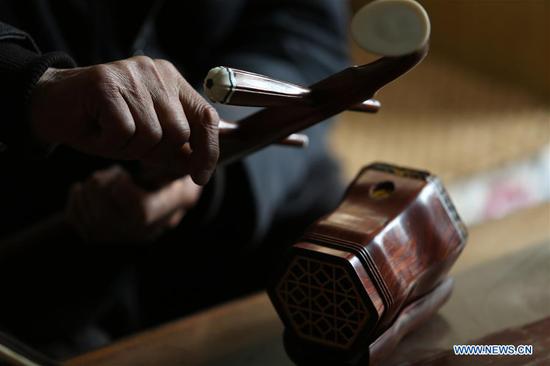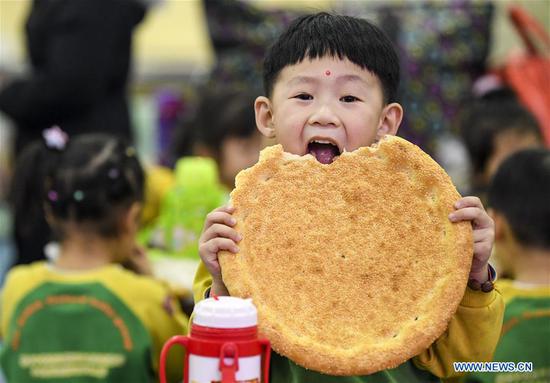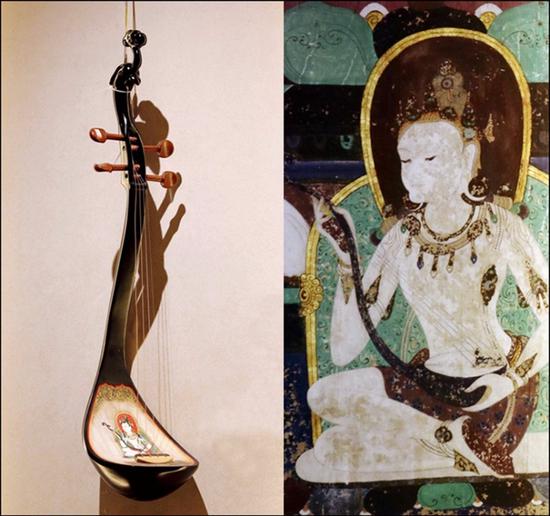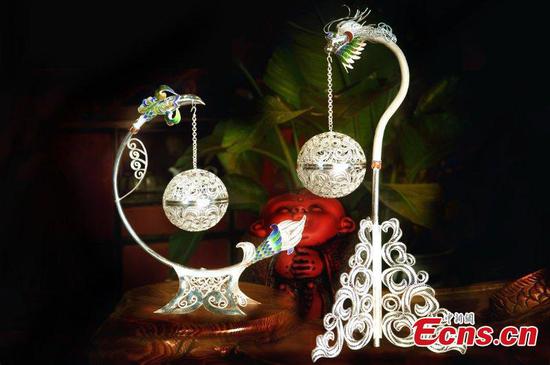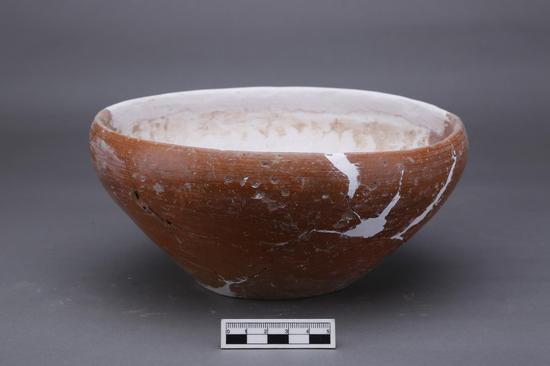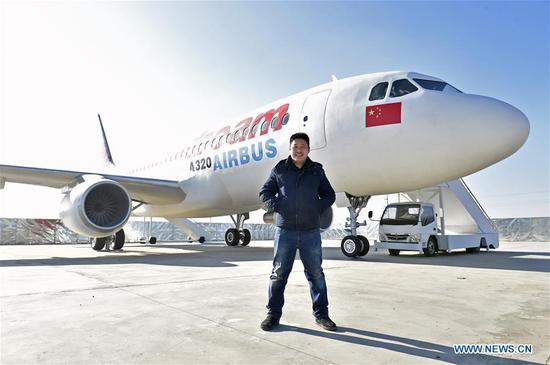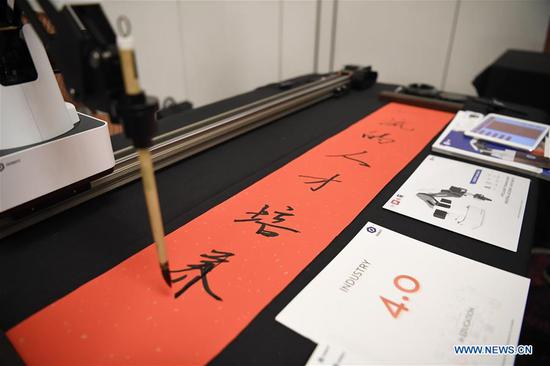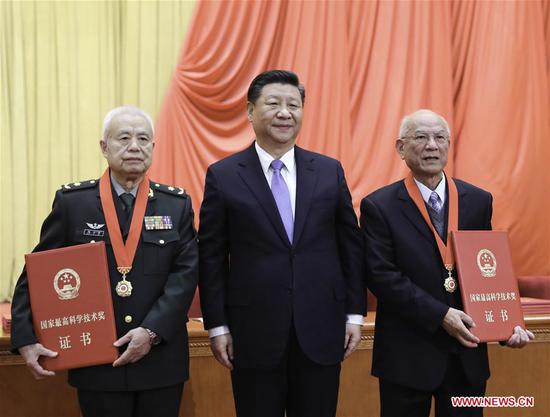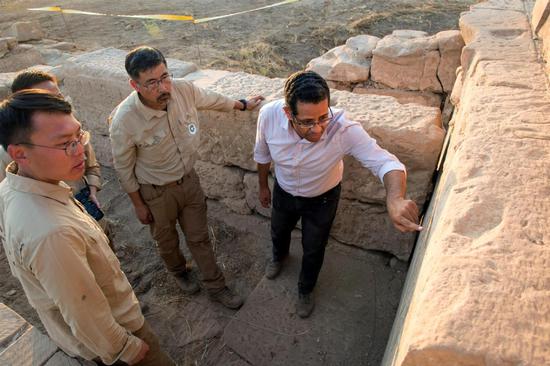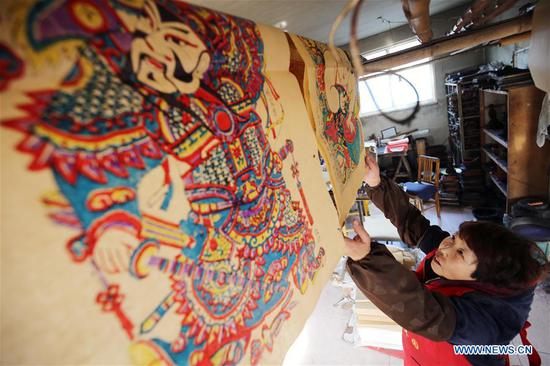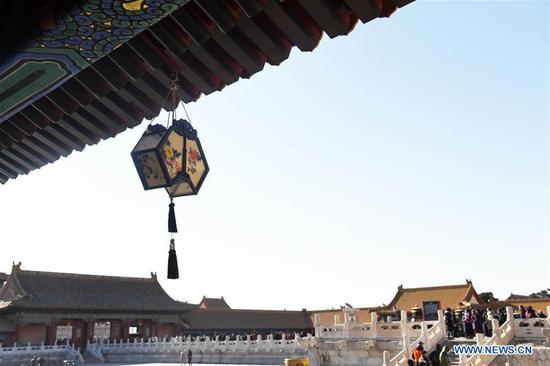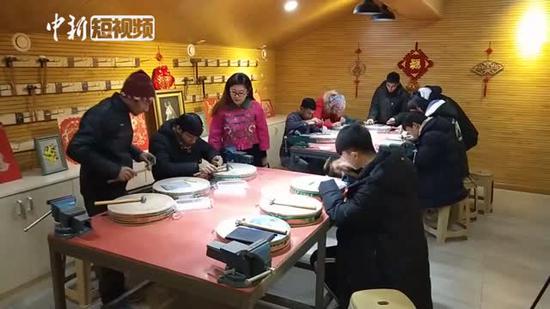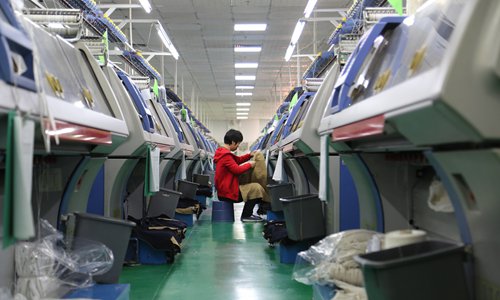
A fully-automated production line at Dongguan Sunrise Knitting in South China's Guangdong on Thursday Province. (Photo: Chen Qingqing/GT)
Minister for Industry and Information Technology Miao Wei has urged the nation to develop high-quality manufacturing, vowing to cut more taxes and fees in this sector in 2019.
Pushing forward quality manufacturing is a major focus of the country's economic work, and improving innovation in supply chains is crucial, the head of the Ministry of Industry and Information Technology (MIIT) said in an interview with several State media organizations on Thursday.
"We should work on weaknesses and shortcomings in core technologies to prevent research and development (R&D) efforts from failing to achieve anything," he said.
In line with the Central Economic Work Conference held in December 2018, developing advanced manufacturing and helping the sector become deeply integrated with services are priorities, the minister noted. China will firmly move forward as a manufacturing powerhouse and accelerate the industry's high-quality growth.
The Global Times recently visited some manufacturing plants around Dongguan in South China's Guangdong Province, which is known as a manufacturing hub and the world's factory. The overall economic slowdown and escalating trade frictions between China and the U.S. are weighing on Chinese factories, especially small and medium-sized enterprises (SMEs).
Meanwhile, some businesses have rising concerns over tightened social security requirements, which might become a new burden for companies.
Others expect more concrete measures in cutting taxes and fees in coming years.
Miao said that the MIIT will carry out more tax cuts for the manufacturing sector in 2019 and continue to improve the business environment while expanding market access and reducing transaction fees for administrative procedures.
Miao did not specify targets for China's manufacturing sector in the near future, unlike those the government mentioned in its Made in China 2025 initiative.
However, he emphasized upgrading traditional manufacturing and developing emerging industries such as artificial intelligence and new-energy vehicles, which are in line with the government's ambitions in its industrial road map.
China will also further open up manufacturing by implementing concrete policies in sectors including vehicles, aircraft and the ship industry.









